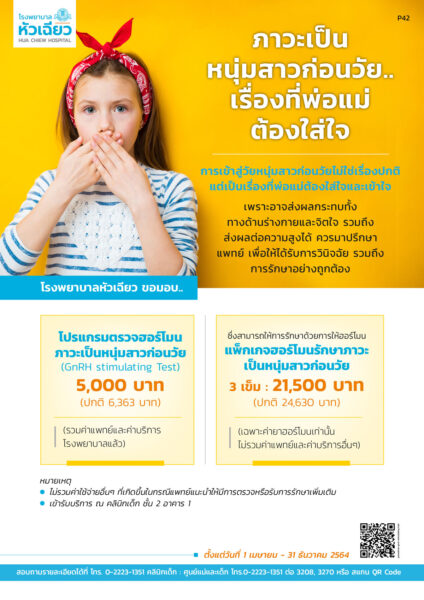
Herbalife Thailand Sponsors Academic Seminar Organized by Kasetsart’s Faculty of Agriculture on Advances in Metabolic Syndrome
Herbalife, a global nutrition company, in collaboration with the Department of Home Economics, Faculty of Agriculture, Kasetsart University, recently sponsored an academic seminar on the topic “Advances in Metabolic Syndrome”. Over 140 participants comprising professors, lecturers and medical students attended this event.
Dr. Chin-Kun Wang, an expert in metabolism and nutrition, is a distinguished professor of the Chung Shan Medical University in Taiwan and member of the Herbalife Nutrition Advisory Board (NAB). He shared the latest research updates and data on Metabolic Syndrome – risk factors for heart disease, stroke and diabetes – in Southeast Asia. He also explained the role of well-balanced nutrition in combating obesity, and addressed health issues associated with the lack of physical activity, unbalanced diets, stressful conditions and other concerns linked with today’s demanding lifestyle.
During the seminar, Associate Professor Dr. Sirichai Adisakwattana from Chulalongkorn University’s Faculty of Allied Health Sciences, also discussed the prevalence of Metabolic Syndrome in Thai children and adults, and its correlation with obesity and overweight. He shared updates on the government’s health policies and strategies such as establishing the Food Innopolis at Thailand Science Park, which is an institution that focuses on research, development and innovation for the food industry.
The most recent data from Thailand’s Ministry of Public Health (MOPH) revealed that around 17.4 million Thais (26% of the population) were considered overweight, and that there are twice as many obese women than men. The country is among the top five in Asia-Pacific with the highest numbers of cases of obesity. Moreover, the prevalence of Metabolic Syndrome among Thais aged 15 years and over was 32.1% (16.1 million) overall; 18.6% for men and 45% for women.






